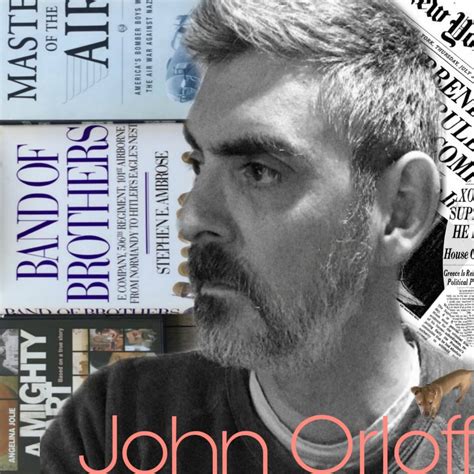A Quote by Neil Gaiman
A good writer should be able to write comedic work that made you laugh, and scary stuff that made you scared, and fantasy or science fiction that imbued you with a sense of wonder, and mainstream journalism that gave you clear and concise information in a way that you wanted it.
Related Quotes
In a sense, journalism can be both helpful and detrimental to a writer of fiction because the kind of writing you need to do as a journalist is so different. It has to be clear, unambiguous, concise, and as a writer often you are trying to do things that are more ambiguous. I find that writing fiction is often an antidote to reading and writing too much journalism.
With comedy, it's a combination of knowing the comedic beat was good - it made you laugh, it made people on the crew laugh. With drama, you do something deep and if your stuff was really effective, the ultimate result is silence. Silence is not necessarily... that would also be the result if you sucked.
I define science fiction as the art of the possible. Fantasy is the art of the impossible. Science fiction, again, is the history of ideas, and they're always ideas that work themselves out and become real and happen in the world. And fantasy comes along and says, 'We're going to break all the laws of physics.' ... Most people don't realize it, but the series of films which have made more money than any other series of films in the history of the universe is the James Bond series. They're all science fiction, too - romantic, adventurous, frivolous, fantastic science fiction!
Science fiction is fantasy about issues of science. Science fiction is a subset of fantasy. Fantasy predated it by several millennia. The '30s to the '50s were the golden age of science fiction - this was because, to a large degree, it was at this point that technology and science had exposed its potential without revealing the limitations.
A precondition for being a science fiction writer other than an interest in the future is that, an interest - at least an understanding of science, not necessarily a science degree but you must have a feeling for the science and its possibilities and its impossibilities, otherwise you're writing fantasy. Now, fantasy is also fine, but there is a distinction, although no one's ever been able to say just where the dividing lines come.
Science fiction [is] the kind of writing that prepares us for the necessary mutations brought about in society from an ever changing technological world and as a result. The mainstream hasn’t excluded SF; the mainstream has excluded itself. No one told Jules Verne he was a science fiction writer, but he invented the 20th century.
Finally and most important of all, authenticity means that you must do what you do the way you do it and allow everyone else the same courtesy. There was a time I wanted to be like every famous writer that ever lived. I tried to copy styles, reframe information, use similar artwork. I almost drove myself crazy! Now I just do what I do. I have mentors. There are people whose work I admire, but I write the way I write. I eat the way I eat. I dress the way I dress. I can't believe that God made us each so unique only to have us do everything the same way.

































